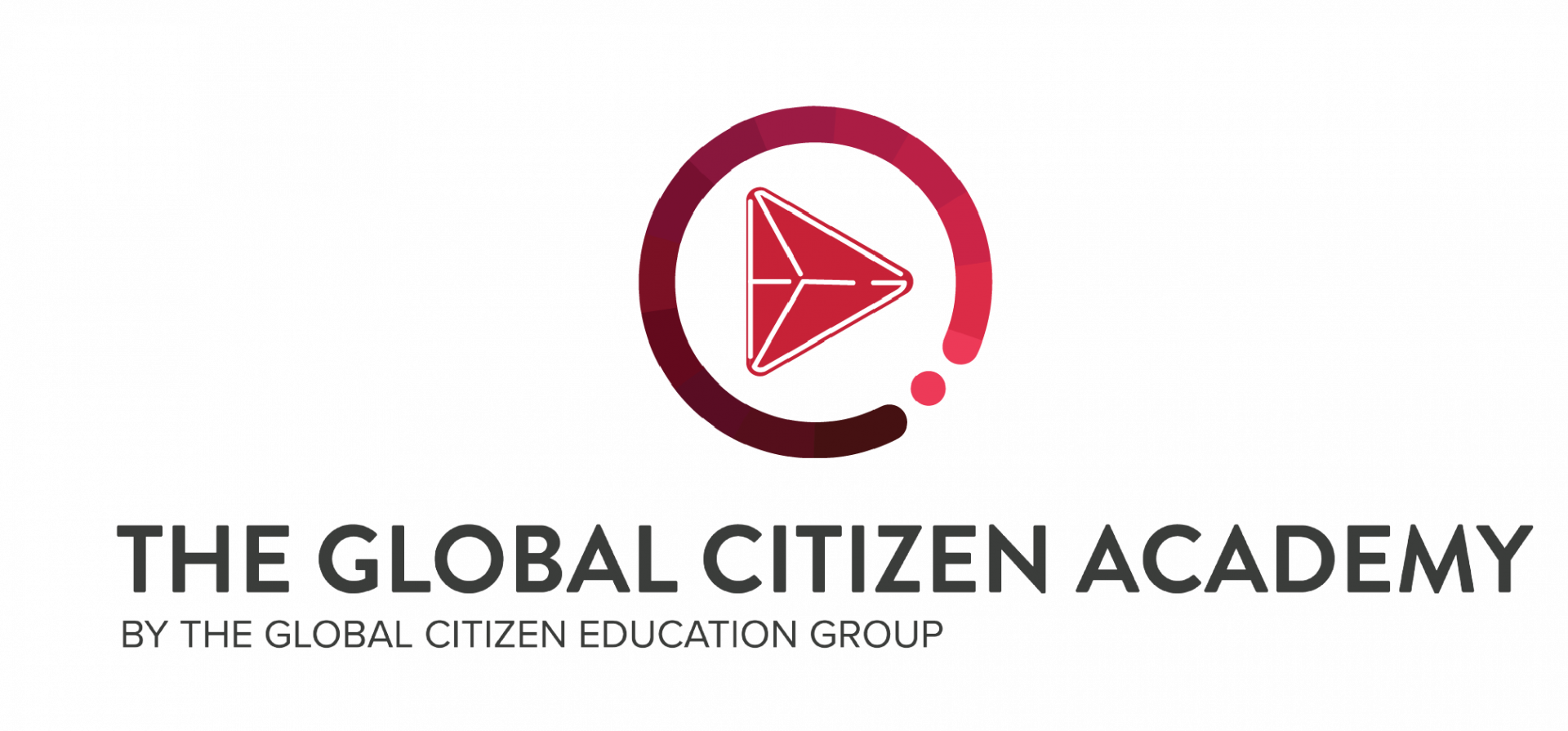What is Social Entrepreneurship, Really?
Living in such an ever changing world, we as humans need to take a step forward. With such ambitious goals as the Vision 2030, developing sustainably is a common goal for every citizen of the world. As such, social entrepreneurship has become the new business model that people are aiming towards. Different from the old days, the world is changing, just as entrepreneurs have new motivations for starting a business, consumers also have different motivations to buy.
What is Social Entrepreneurship?
Social entrepreneurship is a business model that combines commerce with social issues where profit is not the only goal that entrepreneurs are heading towards. Aside from making a profit for themselves, entrepreneurs are also focusing on making an impact on social or environmental issues.
Why is Social Entrepreneurship the “New Normal”?
Given the current circumstances, today, concepts such as “eco-friendly”, “animal cruelty-free” or “sustainably produce” have become more popular than ever among consumers. Apart from following their own motivation or belief when starting a business, social entrepreneurship is also an approach that individuals, entrepreneurs as well as companies are taking to support the new demands of consumers when it comes to goods and products.
How do Social Enterprises benefit the society?
These enterprises vary in size, aims and beliefs but at the end, their goal is to achieve a social, cultural or environmental goal while making profit. As such, these companies usually donate a large part of their profit to a cultural, social or environmental cause that they believe in. In addition, they can also benefit these causes by motivating consumers though campaigns to become more environmentally responsible or spread awareness about a problem that needs recognition. Some popular examples would be:
Ben & Jerry’s
Lush
Better Trails
Ben & Jerry’s
Started from a renovated gas station, Ben & Jerry’s became one of the most well-known ice cream brands worldwide. The company pioneers the pursuit of business with a double bottom line—profits and people—that Cohen and Greenfield called the “double dip.”. With such beliefs, Ben and Jerry headed the company to become an icon in social entrepreneurship, looking at issues namely, fair trade, climate justice as well as LGBTQ+ equality. In order to make these goals come true, Ben & Jerry’s highly value good ingredients sourcing along with good purchasing and manufacturing practice. All in all, the company strives to provide the people with good ice creams that are fair to the people and the environment while making a profit for themselves.
Lush
With consumers becoming more and more aware of the products that they buy, Lush became a popular choice for many not only because of their high-quality products but they are also known for their strong commitment to the communities and areas from which they buy their ingredients. Apart from putting great efforts into ensuring the rights of workers, Lush also focuses on protecting the environment and protecting animals by making sure that their products are sustainably-produced as well as making products out of vegetarian ingredients only. To achieve their goals, Lush is making a global effort to promote fair trade as well as sustainable use of ingredients. As such, Lush has also stopped using approximately 250 tonnes of Palm oil in an effort to save the Orangutan and its threatened habitat in Indonesia's rainforests. Additionally, Lush has been buying 5 villages worth of Benzoin resin from the inaccessible climbs of Northern Laos; one of the poorest countries in South East Asia.
Better Trails
Better Trails is a Singaporean-based company which aims to promote ethical use of outdoor spaces through environmental education and outdoor recreation. Despite people’s love of nature and outdoor spaces, sometimes they cause negative impacts on these areas due to their innocent actions. However, it is important for these people to take notes of their actions and work towards a more responsible use of nature and outdoor spaces. These are the core beliefs of the company, as such this social enterprise provides people with training regarding outdoor ethics as well as Leave No Trace training for people in the community. With the aim to promote responsible and sustainable use of the outdoor space, Better Trails is focused on the actions of individuals on the environment around them.

